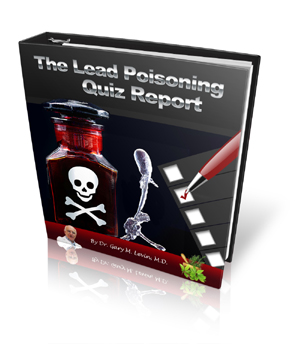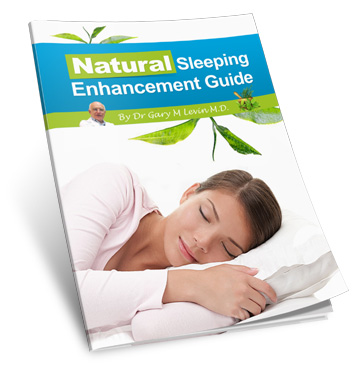People who suffer from hives and their associated inconveniences are highly likely to appreciate information on how to stop itching from hives. Thus, it makes sense for them to read materials that describe home remedies for their hives and itching.
One of the basic tips on how to stop itching from hives involves taking it easy. It is well known that chronic hives in some people are triggered or exacerbated by stress. Thus, if these people allow their stress to get to them, they are likely to suffer the worst itching of their lives more often than they care to. If it is possible for them to eliminate the factors that provoke their stress, they should do so. If it is not possible, they should learn stress-management techniques and incorporate relaxing exercises and routines into their lifestyles. These can include yoga, meditation, prayer and some sports activities. Some forms of herbal tea can also be relaxing for some patients. They would obviously have to figure out what teas were best for them as each person is unique in biochemical terms.
Other tips on how to stop itching from hives involve the topical application of substances to the skin. These may include cortisone creams, a cream of tartar paste, oatmeal in one’s bath water and even plain, simple cold water in the shower. These can all help to minimize the itching associated with hives and make it manageable. Some people looking for more complete relief from their hives itching can take antihistamine medication instead. By blocking the action of histamine on the skin, this medication reduces the symptoms associated with hives.
Urticaria Diet and Food
There are other ways for patients to figure out how to stop itching from hives. One of them involves consulting a hives specialist to find out what allergens trigger their hives in the first place. If their hives are triggered by certain foods, then identifying these foods and excluding them from their diets will eliminate their hives episodes and, naturally, the itching associated with those episodes.
They can also eat urticaria diets. These are diets designed to minimize hives in all those who suffer from them. They make the body less conducive to those biochemical reactions that trigger hives. Such diets exclude fermented food and food that contains high histamine levels. They also exclude foods with artificial coloring and foods that contain benzoates and chemicals such as BHA and BHT, which are food preservatives or additives.
—————————————————————————————————-
Resources
http://www.hives-treatment.com/how-to-stop-itching-from-hives.html
http://www.ehow.com/how_5303873_stop-hives-itching.html
http://www.urticaria.thunderworksinc.com/pages/lowhistamine.htm










